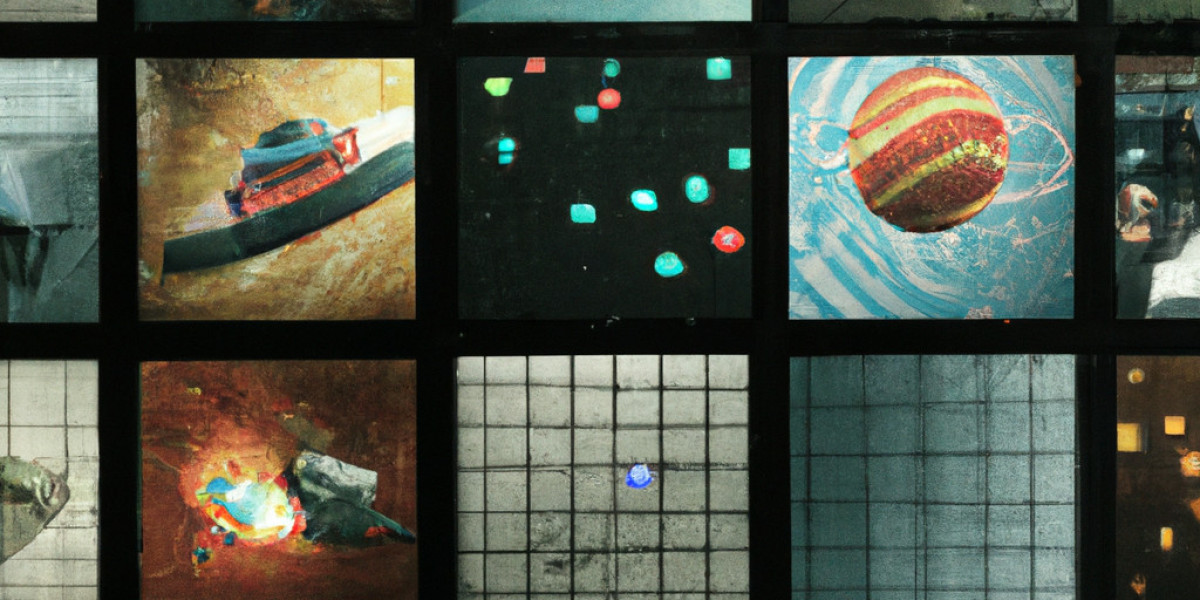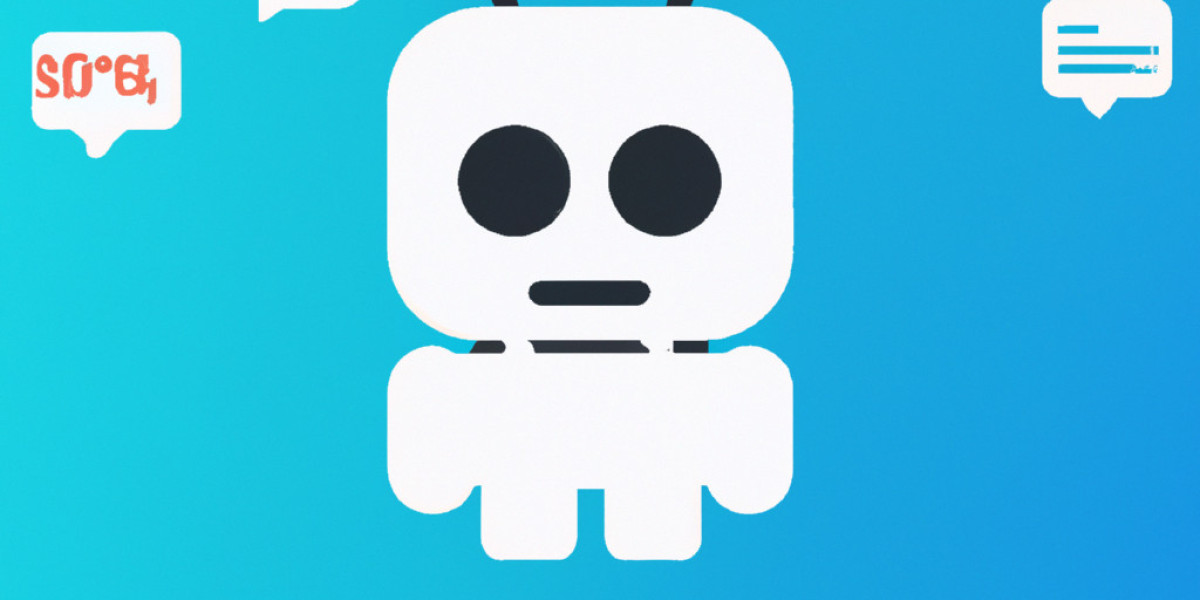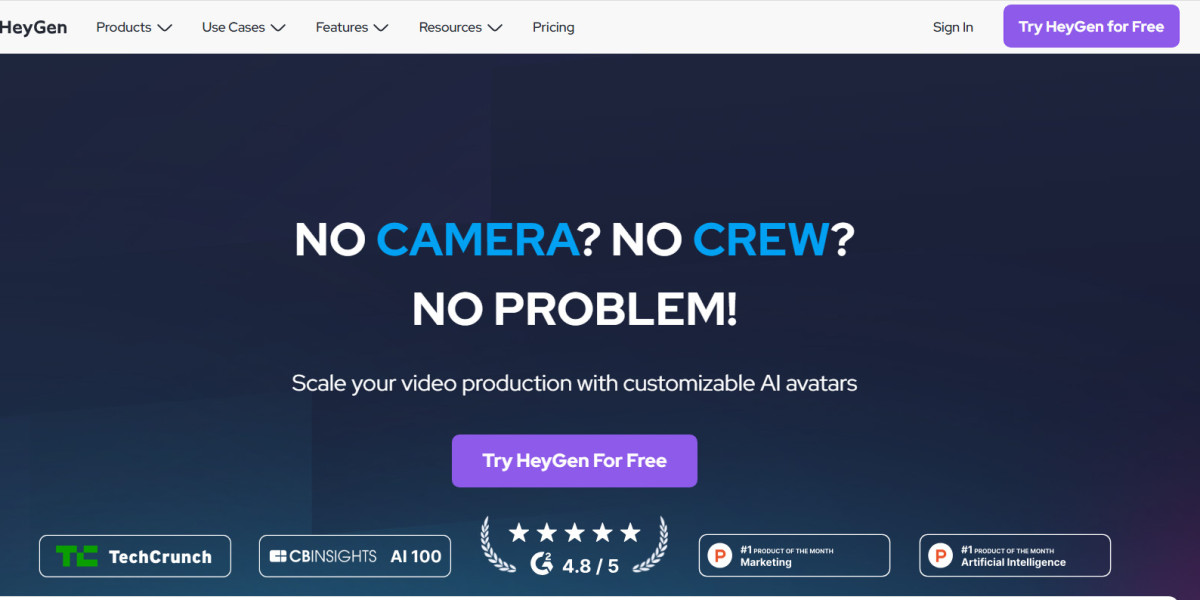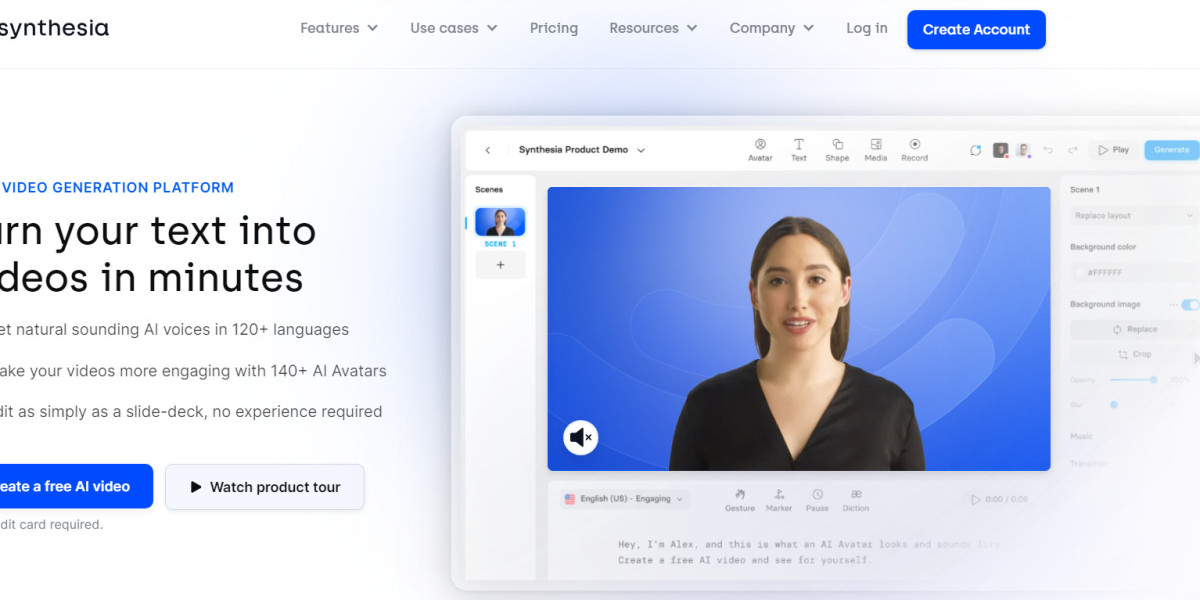Diversifying Perspectives of AI: Google DeepMind's Visualising AI Initiative

Image Source: Unsplash
Artificial intelligence (AI) is a transformative technology that has the potential to revolutionize various aspects of our lives. However, the way AI is often visualized in popular media can be misleading and fail to represent the true diversity and complexity of the field. Google DeepMind recognizes this issue and has launched the "Visualising AI" project in collaboration with artists from around the world to provide a more multi-dimensional representation of this society-changing technology.
Challenging Stereotypes and Misconceptions
When you search for "artificial intelligence" on Google's image search, you are likely to come across the same repetitive and cliched images - "streams of code, glowing blue brains, or white robots with men in suits." These visualizations not only fail to capture the true essence of AI but also create unrealistic expectations in the minds of the public. Google DeepMind acknowledges that these misleading representations can negatively impact public perceptions of AI and contribute to the amplification of inequalities in society.
The Need for Diversity in AI Visualizations
Imagery of AI often excludes global perspectives, further exacerbating the lack of diversity in the field. By commissioning artists from different backgrounds, Google DeepMind aims to diversify the way AI is visualized and challenge conventional interpretations. Through conversations with scientists, engineers, and ethicists, these artists bring their unique perspectives to the table, exploring unconventional and thought-provoking portrayals of AI.
The Visualising AI Project
Since its launch, the Visualising AI project has commissioned 13 artists who have created more than 100 artworks. These artworks have garnered over 100 million views and have been downloaded 800,000 times. The open availability of these artworks allows anyone to access and use them free-of-charge, promoting greater accessibility and inclusivity.
Artists' Take on AI
By giving artists complete creative freedom, the Visualising AI project encourages them to explore and interpret AI from their own unique perspectives. Through their artwork, they delve into various themes connected to AI, such as artificial general intelligence (AGI), robotics, sustainability, and generative AI. Each piece offers a new route into understanding the complexities of AI and its potential impact on society.
Envisioning the Future of AI
AI takes on various forms and has the potential to shape our world in countless ways. However, in order to fully understand and embrace the possibilities, we need a more diverse and accessible representation of AI. The Visualising AI project aims to engage more people in shaping what AI looks like in the world, fostering a global dialogue and broadening the public's vision of AI's potential.
Google DeepMind's Commitment to Diversity and Accessibility
Google DeepMind's commitment to diversity and accessibility is evident in the Visualising AI project. By making the artworks and motion graphics freely available on platforms like Pexels and Unsplash, Google DeepMind ensures that anyone can use these visualizations for their work without restrictions. This inclusive approach has resulted in the project's success, with the images being utilized by media outlets, research organizations, and civil society organizations.
Impact and Reach of the Visualising AI Project
The Visualising AI project has made a significant impact since its inception. With over 100 million views and 800,000 downloads, the artworks have reached a wide audience, contributing to a more nuanced understanding of AI. The project has also sparked conversations and collaborations between artists, scientists, engineers, and ethicists, fostering a collective effort to shape the future of AI.
Conclusion
The Visualising AI project by Google DeepMind is a commendable initiative that seeks to challenge stereotypes and diversify the visual representation of AI. By collaborating with artists from around the world, this project offers a more nuanced and inclusive perspective on AI, fostering a greater understanding of its potential and impact. Through the power of art, Google DeepMind is paving the way for a more diverse and accessible future for AI, where the global community can actively participate in shaping its development.







